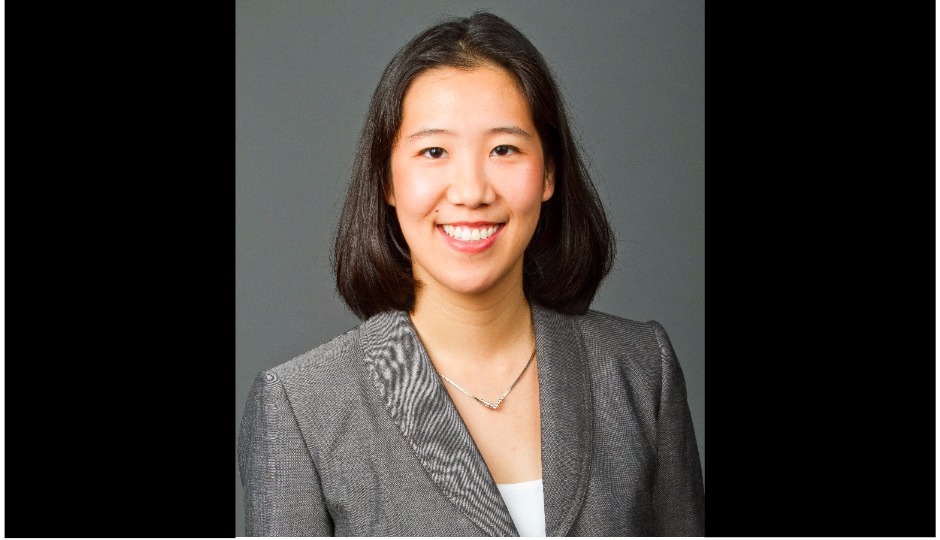
It’s 2017 and the gender gap in venture capital funding is only widening by the minute. Last year, venture capitalists invested $58.2 billion in male-led startups, while women-led companies received a paltry $1.46 billion in comparison. To put it another way, women own 38 percent of businesses in the U.S. but only get about 2 percent of all venture money.
Why? Some claim that that gap exists because of a lack of female VCs—the venture capital world is still largely a boys club that women just can’t access. Others even pin the gap on female entrepreneurs themselves—they’re simply not asking for enough. But new research from Wharton management and entrepreneurship professor Laura Huang, published in the paper “We Ask Men to Win & Women Not to Lose: Closing the Gender Gap in Startup Funding” suggests that the gap exists because of something venture capitalists do.
After observing Q&A sessions between 140 prominent venture capitalists and 189 entrepreneurs at the annual TechCrunch Disrupt — New York’s premier startup funding competition — Huang and her colleagues recognized that venture capitalists posed different types of questions to male and female entrepreneurs. Following the observations, the study tracked all funding rounds for the startups that launched at the competition and found that the male-led startups raised five times more funding than female-led ones.
According to Huang, the difference in questioning is one big reason why women-led companies get less funding than companies launched by men. BizPhilly chatted with Huang to learn more about her research and what it all means for female entrepreneurs and venture capitalists.
BizPhilly: What moved you to explore why female entrepreneurs raise less funding than their male counterparts?
Huang: I’ve been studying entrepreneurship and this aspect of meritocracy for a while and have had the chance to observe people—women, immigrants, people of color—who have faced glass ceilings and other disadvantages. A lot of them would leave these organizations to start their own companies, thinking they wouldn’t have to deal with disadvantages in the entrepreneurial space. Or so they thought. Once they enter entrepreneurship they still face biases and disadvantages. My research sees to uncover exactly what’s happening and why those biases exist.
BizPhilly: And how’d you land on this specific study that looks at how venture capitalists interact with female and male entrepreneurs?
Huang: This specific paper came out of a discussion with my co-authors around explicit and implicit bias. In entrepreneurship, when investors are choosing whether to invest, they’re thinking, “there’s a lot of risk in this.” There’s always a checklist of things that they’re feeling uncomfortable about, so they try and ask questions to get clarity and do due diligence.
That was the initial conversation we had, then we thought that it seems the women entrepreneurs are getting asked different type of questions. And if they’re getting asked different types of questions, might it be that when they actually respond to these questions they don’t have the opportunity to check off those boxes to help investors feel good about making an investment? That’s how we started embarking on this research and trying to figure out if there’s actually a difference in the questions men and women get asked, and whether it matters.
BizPhilly: What was your overall finding?
Huang: The finding is that men and women are getting asked different types of questions. Men…

